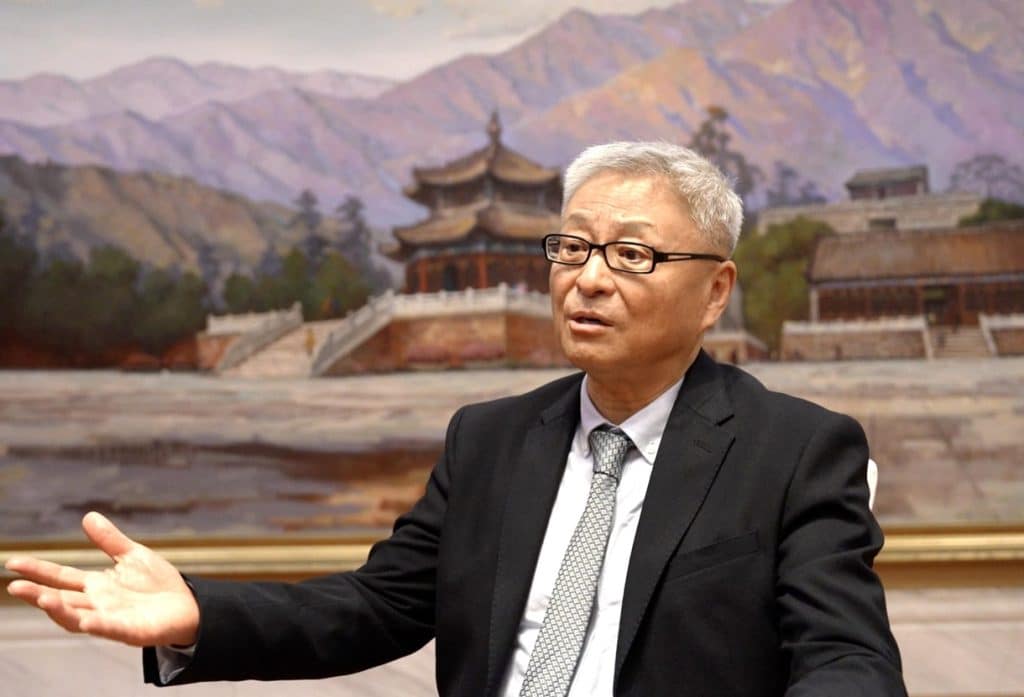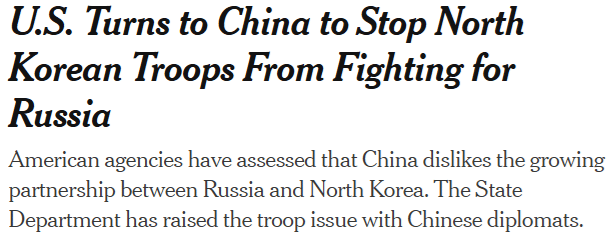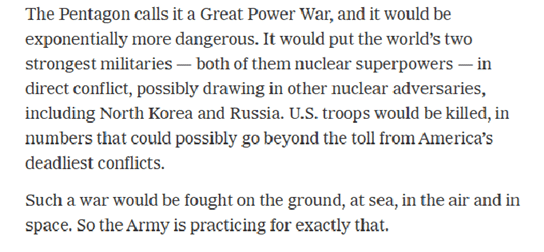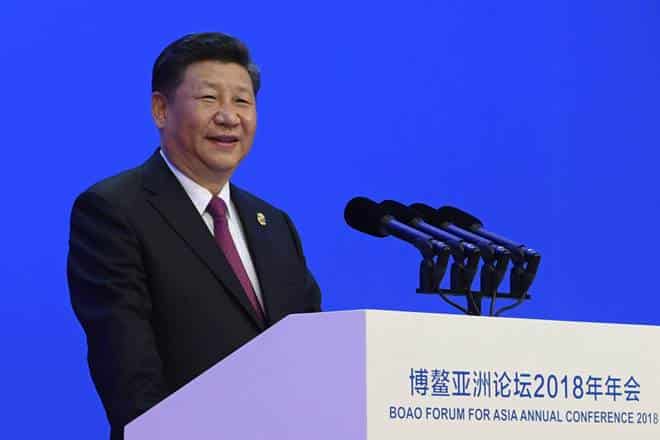China and Ghana’s Conundrum: Why Poverty, not just Criminality, Must be Addressed
作者: 来源:US-China Perception Monitor
Since early June, 169 illegal Chinese miners have been rounded up and detained in Accra, Ghana. This is the latest push by the Ghanaian government to crack-down on illegal small-scale mining, an epidemic that has pot-holed the resource-rich nation, and has received considerable international media attention.
Small-scale mining, also known as artisanal mining, has long plagued the West African nation. As much as 95% of all small-scale mining in Ghana is illegal.[1] Illegal mining robs local governments of tax revenues, risks environmental damage, and causes tensions in local communities when illegal miners are foreigners. Considering Ghana’s large gold deposits, its struggle to enforce laws, and the doubling of the price of gold in the last four years, Ghana is an unsurprising target for illegal small-scale mining—but few in and outside of China realized how Chinese migrants were contributing to the problem.
In Ghana, only locals are given licenses for small-scale mining. Foreigners are allowed to provide equipment and services, but only 75 Chinese citizens have official permission to do so.[2] There are no accurate numbers on the number of Chinese in Ghana, but the majority of miners hail from Shanglin County, Guangxi province.[3]According to a Shanglin County spokesperson, at least 12,000 local residents had gone to Ghana since 2006 to mine gold.
The scale and degree of illegal Chinese workers in Ghana is causing bitterness amongst Ghanaians, and understandably so. In towns where mineral exploration takes place, the unemployment rate for Ghanaians between the ages of 15 and 24 falls between 70 and 90 percent.[4] Frustration over the lack of jobs from the mining industries has resulted in local backlash.
There have been attempts to address this grievance. Governments and large mining corporations (Newmont Gold Mining and Gold Fields Ghana, to name a few) have developed several projects which try to create other economic opportunities, such as agrarian work, for local residents. The extent to which these ideas are sustainable is not proven, nor is there proof it has deterred illegal mining enterprises.[5]
African governments are not alone in their struggle to deter illegal small-scale mining. Many parallels can be drawn from the experience of Latin American countries and their efforts to clamp down on illegal mining activities. One reports points to a serious challenges these governments face:
“The question, then, is why states continue to design policies aimed at regulating thousands of people that move in informality when these policies have proven to have limited effects, instead of focusing on the few actors that government the chain? The answer is often corruption.”[6]
Latin American governments have been trying to regulate their mining industry for years, testing different policies and meeting various levels of success. One report from ELLA (Evidence and Lessons from Latin America), an initiative that shares knowledge with sub-Saharan Africa and South Asia, describes how these governments have not adequately addressed corruption in the mining sector. They identified, however, a role for media to play in exposing government corruption.
Corruption in Ghana’s mining sector is illustrated by the acquisition of guns by Chinese migrants. Ironically, the Chinese migrants buy the guns from Ghanaian police officers.[7] And many times, a bribe to the right police officer can evade or postpone arrest.
The need to strengthen Ghanaian governance and public policy is only one half of the picture. The other half lies within the Chinese miners themselves. What leads hundreds of Chinese citizens to travel thousands of miles in search of difficult, illegal labor? The answer may simply lie in the economic opportunities in Ghana that are inaccessible to them at home. Chinese migrants hope to earn more than they could at home, and despite the fact that a few strike it rich, the majority of these miners remain subsistence workers. Small-scale mining is essentially a poverty-driven industry.
To be fair, it’s not only Chinese migrants mining illegally. Fifty-five West Africans from Niger, Togo, and Nigeria were also detained on suspicion of illegal mining. Six Russians were also arrested throughout Ghana. The majority of arrests have been Chinese though, and it is the Chinese arrests that are grabbing the most headlines, fueling the picture of a “Chinese menace” in Africa.
We should be careful of quick characterizations, though. Painting this incident as another one of China’s soft power missteps, or another example of China’s troubled relationship with Africa, glosses over important questions regarding the root driver of this conflict: corruption and poverty – both on the Chinese and Ghanaian side.
Both the Chinese and Ghanaian government need to respond to this challenge differently. Once this anti-illegal mining task force dies down and most, if not all, illegal Chinese miners are expelled from Ghana, how are Accra and Beijing going to stop this from happening again? The burden is on both governments to do something to stop this cycle of abuse, corruption, and criminality.
The Ghanaian government should look towards the work and best practices of other governments. They should also consider building links with non-governmental organizations with experience in the field. Ghanaian media, though under-resourced, must realize the critical role they can play in addressing crime and corruption. The Chinese government should support initiatives by Ghana, not only because these incidents cast an unfavorable light on China’s presence in Africa, but also because poor management of African natural and human resources has serious consequences for China’s own strategic interests on the continent.
The Chinese government should also take a hard look at its own economic development and the lack of opportunities for young people in poorer provinces. While the Chinese government’s crisis management response has performed well, a pre-emptive policy that addresses illegal Chinese behavior overseas needs to be created.
It’s surprising that Chinese online reaction is not more vehemently critical of Chinese conducting illegal operations abroad. Last month, netizens reacted harshly when it was revealed a teenage Chinese tourist defaced an Ancient Egyptian temple.[8] Perhaps this lack of outcry can be explained by an understanding that, in China, economic opportunities are hard to come by. It may not be pretty, but striking it rich by mining illegally in Ghana may have been the only hope for these Chinese migrants. This is hardly the stuff of Xi Jinping’s Chinese dream.
[1] http://www.guardian.co.uk/global-development/2013/apr/23/influx-chinese-goldminers-tensions-ghana
[2] http://www.guardian.co.uk/global-development/2013/apr/23/influx-chinese-goldminers-tensions-ghana
[3] http://www.chinaafricaproject.com/shanglin-county-cliques-african-gold-rush-making-a-fortune-or-die-trying-translation/
[4] Gavin Hilson and Sadia Mohammed Banchirigah, “Re-Agrarianizing Rurual Ghana: Can Farming-Based Alternative Livelihoods Reduce Illegal Gold Mining Activity,” page 94.
[5] Ibid., page 91, 95
[6]http://r4d.dfid.gov.uk/PDF/Outputs/ELLA/121129_ECO_ExtIndConMan_BRIEF4.pdf
[7] http://www.guardian.co.uk/global-development/2013/apr/23/influx-chinese-goldminers-tensions-ghana
[8] http://chinaelectionsblog.net/?p=21582
来源时间:2018/4/6 发布时间:2013/4/6
旧文章ID:15832








